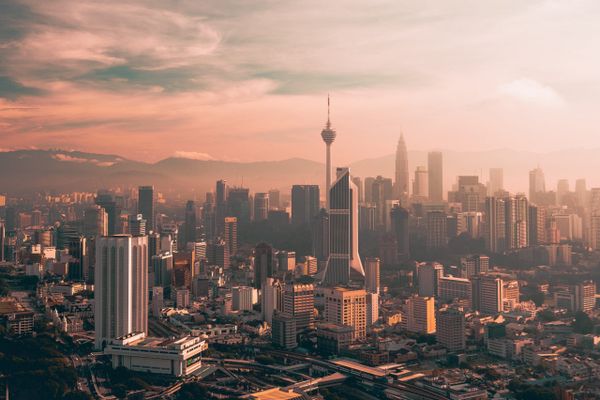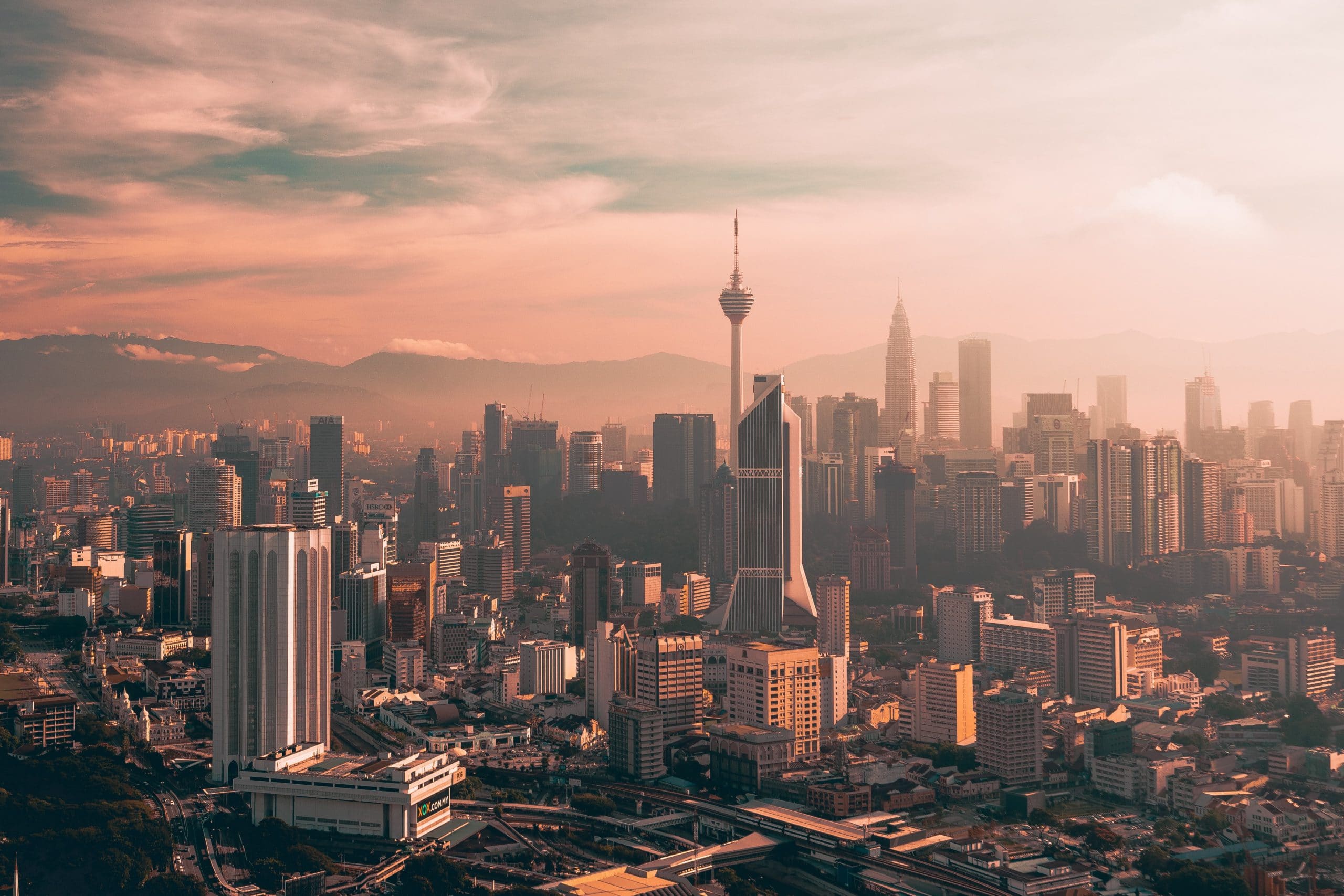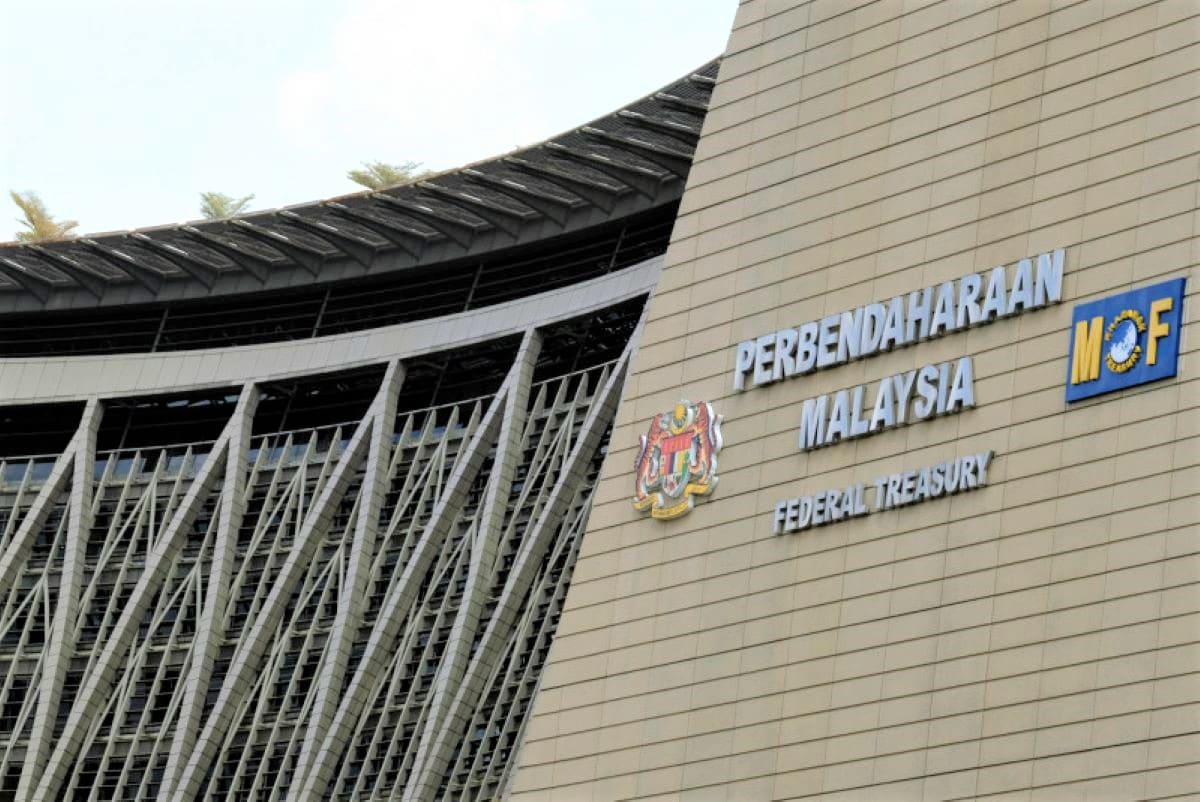KUALA LUMPUR, Aug 8 —Malaysia’s economy is expected to grow at a moderate pace in 2026 amid heightened global trade uncertainties and subdued external demand, said the Finance Ministry (MOF).
In its Pre-Budget Statement 2026, it noted that growth will be anchored by resilient domestic demand, particularly through private investment, stable employment, and income-enhancing measures like targeted cash transfers and wage increases.
The tourism sector, driven by Visit Malaysia 2026, is also set to contribute significantly to the growth of services.
“In this context, Budget 2026 will prioritise strengthening domestic sources of growth, diversifying export markets, and expanding household income opportunities.
“Public investment will be advanced through strategic projects under the 13th Malaysia Plan (13MP) and increased domestic direct investment (DDI) by government-linked investment companies (GLICs) through the Government-linked Enterprises Activation and Reform Programme (GEAR-uP), reinforcing the foundations for inclusive and sustainable economic resilience,” MOF said.
In the first quarter of 2025, gross domestic product (GDP) expanded 4.4 per cent, driven by household consumption, investment, and the construction sector.
The momentum is expected to continue in the second quarter of 2025, with an advance estimate indicating growth at 4.5 per cent. Despite global developments, the Malaysian economy remained resilient and is projected to expand by 4.0 per cent to 4.8 per cent in 2025.
Inflation abated further to 1.1 per cent in June 2025 from 2.0 per cent in the previous year, marking the lowest pace in 52 months. Meanwhile, the labour market continued to strengthen, with the national unemployment rate declining to 3.0 per cent in May 2025, down from 3.3 per cent in May 2024.
It added that the government remain committed to fiscal consolidation and continues to target narrowing the fiscal deficit to 3.8 per cent in 2025, from 4.1 per cent in the preceding year, resuming the gradual consolidation from 5.0 per cent in 2023 and 5.5 per cent in 2022.
Besides, new debt eased from RM99.4 billion in 2022 to RM92.6 billion in 2023.
MOF said the downward trajectory continued in 2024, with new debt amounting to RM76.8 billion.
On currency, the ringgit emerged as one of Asia’s best-performing currencies as of August 6, appreciating 5.8 per cent to RM4.2270 against the US dollar.
“Despite a challenging global environment, demand for the ringgit remains supported by strong economic fundamentals and investor confidence,” it said.
Among government’s strategic initiatives which showed significant results include, securing RM384.4 billion in approved investments in 2024, marking the second straight year of record-breaking performance (2023; RM329.5 billion), and was given credit rating position of A3 by Moody’s Investor Service, A- by S&P Global Ratings and BBB+ by Fitch Ratings, all with a 'Stable' outlook.
“Malaysia made the biggest leap in the IMD World Competitiveness Ranking 2025, jumping 11 spots to 23rd out of 69 economies, its best showing since 2020, and the only country to record a double-digit improvement,” MOF said.
Accordingly, the GEAR-uP programme has mobilised RM11 billion in investments into high-growth sectors. At the same time, leading government-linked investment companies (GLICs) and their associated government-linked companies (GLCs) commit to a RM3,100 minimum wage for 153,000 workers.
Meanwhile, the government has shifted to targeted subsidies, raising Sumbangan Tunai Rahmah (STR) and Sumbangan Asas Rahmah (Sara) allocations to RM15 billion, including a one-off RM100 SARA credit for all adults.
The ministry said that fiscal resilience is being strengthened through tax base expansions and new tax measures.
Key infrastructure upgrades include Light Rail Transit Line 3 (LRT3), Electric Train Service (ETS) extension to Johor Bahru, East Coast Rail Link (ECRL), and Rapid Transit System (RTS) Link, while healthcare and climate projects, like the Sultanah Aminah 2 Hospital and RTB Kota Bharu, advance.
In Sabah and Sarawak, priority remains on expanding access to roads like the Pan Borneo Highway, clean water through the construction of a water treatment plant in Landeh, Sarawak, and rural connectivity, including the construction of the main electricity supply substation in Paitan, Sabah.



